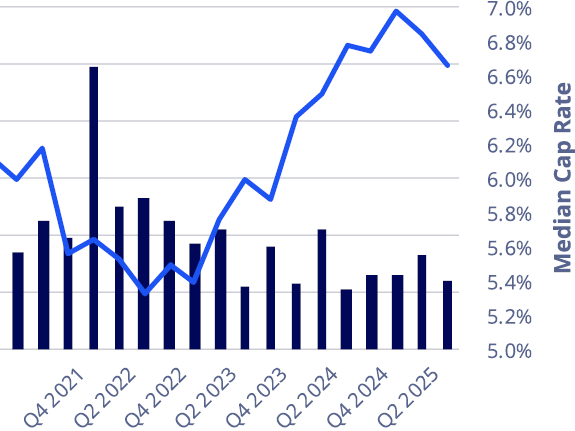Falling Oil Prices Could Squeeze Top Energy Markets
The office sectors in several metros are likely to experience some pain, at least in the short term, experts say.
Following last month’s crash, the price of U.S. oil plummeted to a historic low on Monday, dipping into negative numbers for the first time ever and threatening to cause a big shakeup in office markets like Houston, where oil and gas occupiers account for nearly half of all office leasing activity.
Prices plummeted to $-37.63 late Monday afternoon, caused in part by the lack of demand for oil from consumers, airline travel and manufacturing as a result of the novel coronavirus pandemic, as well as the approaching expiration of the May futures contract for West Texas Intermediate, the U.S. benchmark.
The crash comes six weeks to the day after oil prices fell 30 percent, the largest drop since 1991. At the time, a CBRE report said the price plunge would “rattle” less-than-favorable dynamics in the North American energy markets of Houston and Calgary, which had still yet to recover from the 2015 crash in energy prices and simultaneous peak in office completions.
READ ALSO: Global Economy Feels Coronavirus Burden
After this most recent crash, a major impact is a certainty, CBRE experts told Commercial Property Executive. “It’s just going to be a significant blow to the local economy, there’s no way around it,” said Ian Anderson, director of research and analysis for the greater Philadelphia region at CBRE, about the impact on the Houston area.
Between 40 and 50 percent of all office leasing activity in Houston is with oil and gas companies. The metro, the fourth largest in the U.S., has been a major energy market for decades, home to the headquarters of multinational energy firms like ConocoPhillips.
The impact of the oil crash could likely lead to some owners of Houston office buildings with distressed assets, and they will need “serious cooperation” from lenders, said Anderson. “Worst case, they’ll have to hand the keys back to the bank.”
Other North American markets that could be impacted to a lesser degree are the Canadian cities of Calgary and Edmonton, said Anderson. The cities of Denver and Pittsburgh could be impacted to some degree, while areas like oil-rich Midland, Texas, and secondary markets in North Dakota, where the local economy is more dependent on oil, could potentially see more impact than Houston.
The Bright Side
While the short-term impact will be significant, compared to previous downturns in the market, Houston’s diversified economy is well-positioned to bounce back. There’s also a scenario Anderson believes could play out as a silver lining to the crash. “There are some of our professionals that believe some oil companies will consolidate oil operations into Houston simply because it’s a more affordable metro to consolidate into,” he said.
Chairman of Americas Research for CBRE and Senior Economic Advisor Spencer Levy said that while the downturn will be painful in the short-term, the rebound will be quicker than in previous oil downturns because it’s not secular, and therefore shorter-term in nature.
“The typical borrower is generally much more conservatively leveraged than in the past, so the capital markets distress won’t be so severe,” he said. “In the short-term, it’s extremely challenging, but better positioned this time from a supply standpoint and bank standpoint.”








You must be logged in to post a comment.